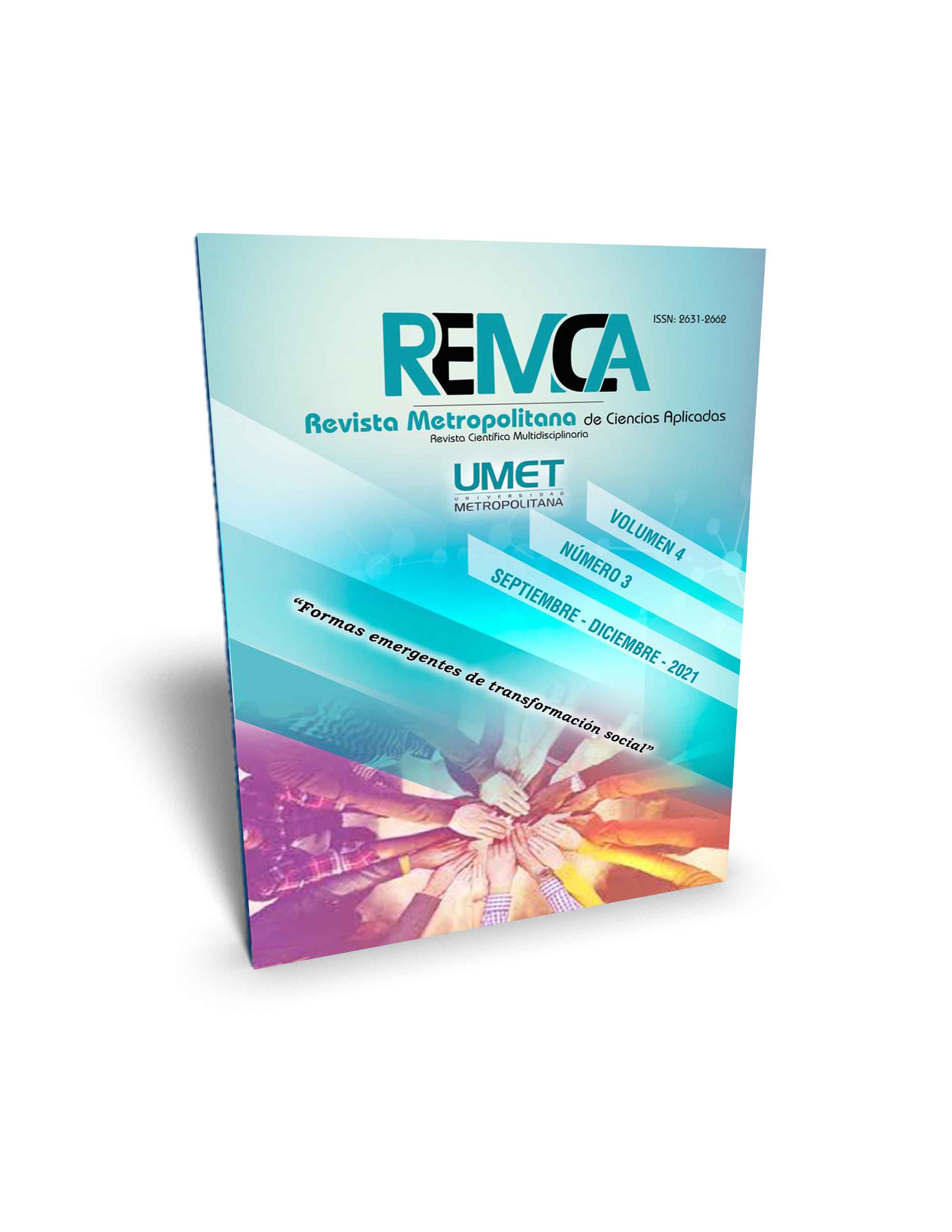Accompanying tutorials during the period of exceptionality: results in the initial education career at UMET
DOI:
https://doi.org/10.62452/p04dfb68Keywords:
Tutor, pedagogical model, virtuality, Initial EducationAbstract
In the present work, elements of extraordinary importance are addressed regarding the accompaniment tutorials at the Metropolitan University of Ecuador under exceptional conditions. A pedagogical model of this activity is provided. The objective of this work is to propose a pedagogical model of the work of the accompaniment tutor in the current university, based on the experiences of the work of the tutors in the conditions of virtuality in the Initial Education career.
Downloads
References
Addine, F. (1995). Principios para la dirección del proceso pedagógico. Instituto Superior Pedagógico Enrique José Varona.
Álvarez, C. (1996). Hacia una escuela de excelencia. Academia.
Chávez, J. (2005). Acercamiento necesario a la Pedagogía General. Pueblo y Educación.
Collazo, B., & Puentes, M. (1992). La orientación en la actividad pedagógica. Pueblo y Educación.
González, F., & Mitjans, A. (1999). La personalidad. Su educación y desarrollo. Pueblo y Educación.
Horruitiner, P. (2006). La Universidad Cubana: El modelo de formación. Félix Varela.
Paz, D. (2005). El colectivo de año en la orientación educativa a los estudiantes de las carreras pedagógicas. (Tesis doctoral). Universidad de Ciencias Pedagógicas Frank País García.
Tejeda, M. (2016). La tutoría académica en el proceso de formación docente. Grupo Focal. Opción, 32(13), 879-899.
Valle Lima, A. (2007). Metamodelos de la investigación pedagógica. Pueblo y Educación.
Vygotsky, L. (1981). Pensamiento y lenguaje. Teoría del desarrollo cultural de las funciones psíquicas. Pueblo y Educación.
Downloads
Published
Issue
Section
License
Copyright (c) 2021 Ignacio García Álvarez, Raisa Emilia Bernal Cerza, Ramón Arteaga Delgado, Azucena Monserrate Macías Merizalde (Autor/a)

This work is licensed under a Creative Commons Attribution-NonCommercial-ShareAlike 4.0 International License.
Authors who publish in Revista Metropolitana de Ciencias Aplicadas (REMCA), agree to the following terms:
1. Copyright
Authors retain unrestricted copyright to their work. Authors grant the journal the right of first publication. To this end, they assign the journal non-exclusive exploitation rights (reproduction, distribution, public communication, and transformation). Authors may enter into additional agreements for the non-exclusive distribution of the version of the work published in the journal, provided that acknowledgment of its initial publication in this journal is given.
© The authors.
2. License
The articles are published in the journal under the Creative Commons Attribution-NonCommercial-ShareAlike 4.0 International License (CC BY-NC-SA 4.0). The terms can be found at: https://creativecommons.org/licenses/by-nc-sa/4.0/deed.en
This license allows:
- Sharing: Copying and redistributing the material in any medium or format.
- Adapting: Remixing, transforming, and building upon the material.
Under the following terms:
- Attribution: You must give appropriate credit, provide a link to the license, and indicate if any changes were made. You may do this in any reasonable manner, but not in any way that suggests the licensor endorses or sponsors your use.
- NonCommercial: You may not use the material for commercial purposes.
- ShareAlike: If you remix, transform, or build upon the material, you must distribute your creation under the same license as the original work.
There are no additional restrictions. You may not apply legal terms or technological measures that legally restrict others from doing anything the license permits.




